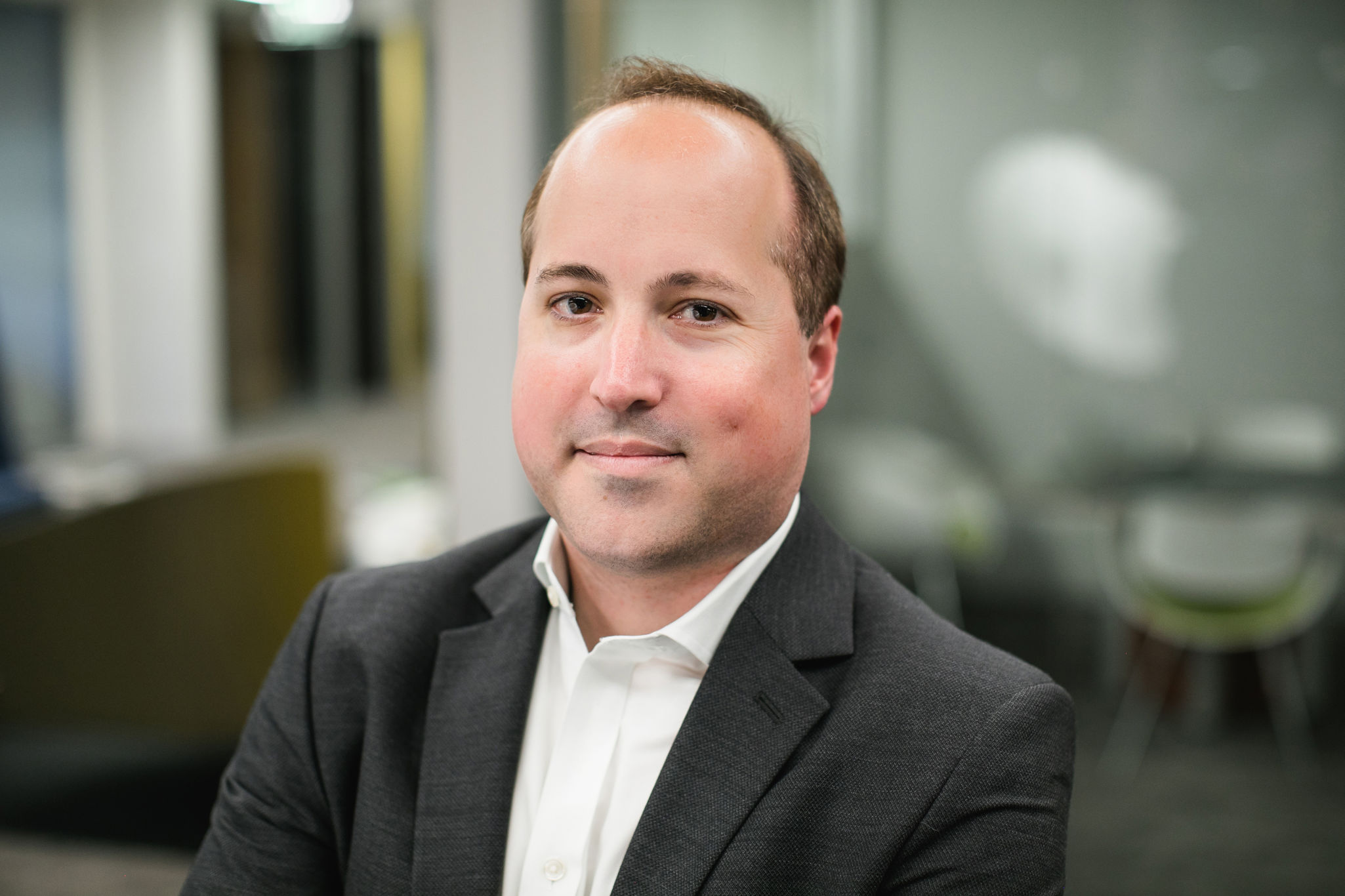
Dr. Brandon Tavshanjian is a patent agent in the San Francisco office of Wilson Sonsini Goodrich & Rosati, where he is a member of the patents and innovations practice. His practice focuses on patent prosecution and due diligence for clients in the biotechnology, diagnostics, and small-molecule pharmaceutical fields.
Prior to joining the firm, Brandon worked as a postdoctoral fellow at the Buck Institute for Research on Aging and as a technology analyst at the Office of Innovation, Technology, and Alliances at the University of California, San Francisco. During his fellowship, Brandon worked with Robert E. Hughes on the validation and mechanism-of-action analysis of new enzyme targets for neurodegenerative disease. As a technology analyst, he worked on diligence analyses of new diagnostic and clinical technologies being developed at the University to evaluate their novelty and licensing potential.
Brandon's doctoral research at the University of California, San Francisco, focused on the biology of enzymes involved in second messenger signaling under the supervision of Kevan M. Shokat. Specifically, he worked on the development of selective inhibitors for phosphatidylinositol-4-kinases (PI4Ks) for use as antivirals, which resulted on an issued patent for novel antiviral molecules. He also studied the use of small-molecule inhibitors as probes for pathways that control nitric oxide metabolism in cells.
Dr. Brandon Tavshanjian is a patent agent in the San Francisco office of Wilson Sonsini Goodrich & Rosati, where he is a member of the patents and innovations practice. His practice focuses on patent prosecution and due diligence for clients in the biotechnology, diagnostics, and small-molecule pharmaceutical fields.
Prior to joining the firm, Brandon worked as a postdoctoral fellow at the Buck Institute for Research on Aging and as a technology analyst at the Office of Innovation, Technology, and Alliances at the University of California, San Francisco. During his fellowship, Brandon worked with Robert E. Hughes on the validation and mechanism-of-action analysis of new enzyme targets for neurodegenerative disease. As a technology analyst, he worked on diligence analyses of new diagnostic and clinical technologies being developed at the University to evaluate their novelty and licensing potential.
Brandon's doctoral research at the University of California, San Francisco, focused on the biology of enzymes involved in second messenger signaling under the supervision of Kevan M. Shokat. Specifically, he worked on the development of selective inhibitors for phosphatidylinositol-4-kinases (PI4Ks) for use as antivirals, which resulted on an issued patent for novel antiviral molecules. He also studied the use of small-molecule inhibitors as probes for pathways that control nitric oxide metabolism in cells.
- Ph.D., Chemistry and Chemical Biology, University of California, San Francisco
- B.S., Biochemistry/Chemistry, University of California, San DiegoMagna Cum Laude, Phi Beta Kappa
- Member, American Chemical Society
- Ph.D., Chemistry and Chemical Biology, University of California, San Francisco
- B.S., Biochemistry/Chemistry, University of California, San DiegoMagna Cum Laude, Phi Beta Kappa
- Member, American Chemical Society
Select Publications
- Co-author with S. Miller, A. Oleksy, B.T. Houseman, K.M. Shokat, and R.L. Williams, "Shaping development of autophagy inhibitors with the structure of the lipid kinase Vps34," 327(5973) Science 1638-42, 2010
- Co-author with R.L. Bateman, D. Rauh, and K.M. Shokat, "Human Carbonyl Reductase I is an S-nitrosoglutathione Reductase," 283(51) The Journal of Biological Chemistry 35756-62, 2008
Select Publications
- Co-author with S. Miller, A. Oleksy, B.T. Houseman, K.M. Shokat, and R.L. Williams, "Shaping development of autophagy inhibitors with the structure of the lipid kinase Vps34," 327(5973) Science 1638-42, 2010
- Co-author with R.L. Bateman, D. Rauh, and K.M. Shokat, "Human Carbonyl Reductase I is an S-nitrosoglutathione Reductase," 283(51) The Journal of Biological Chemistry 35756-62, 2008
- Privacy Policy
- Terms of Use
- Accessibility